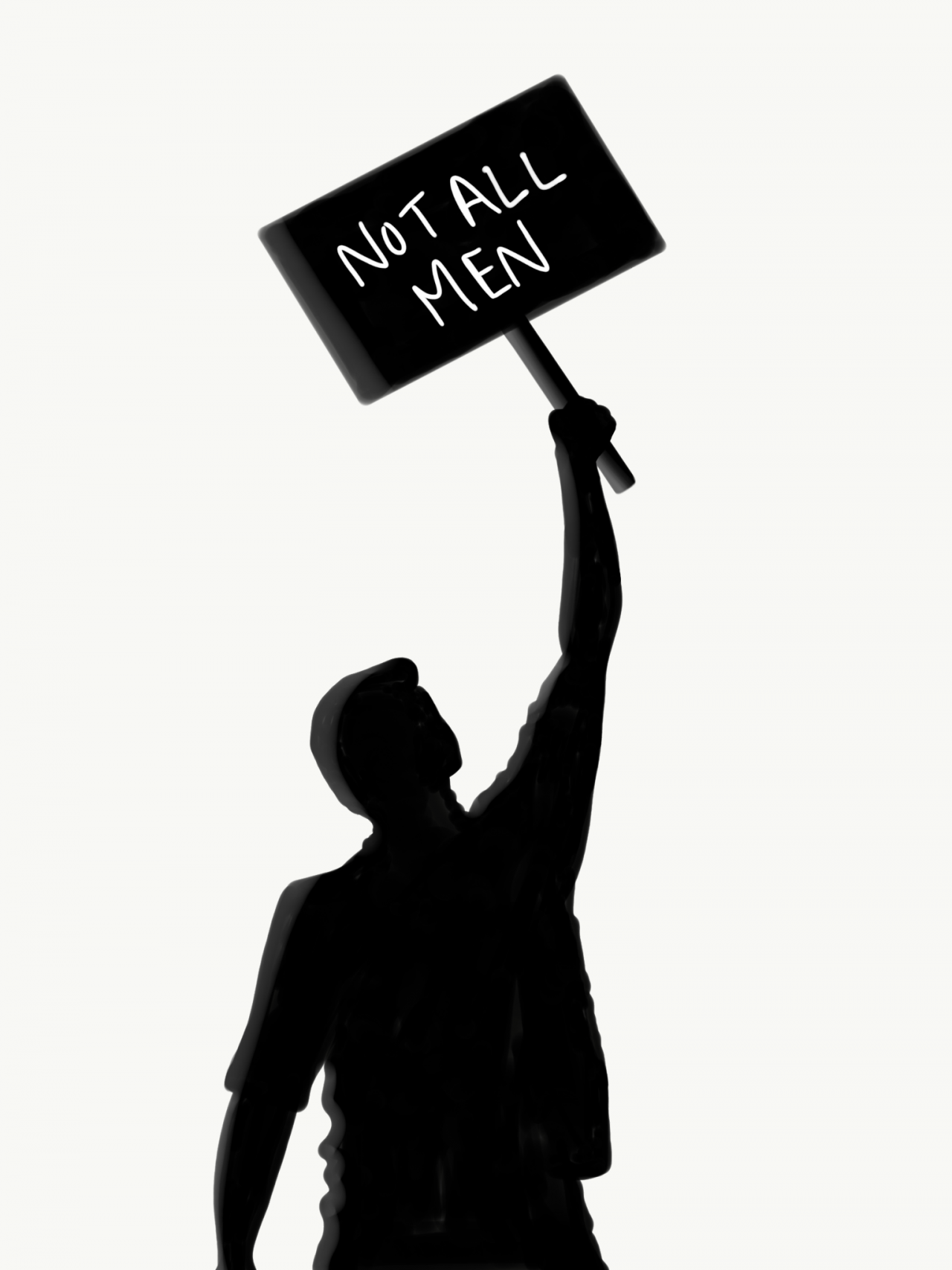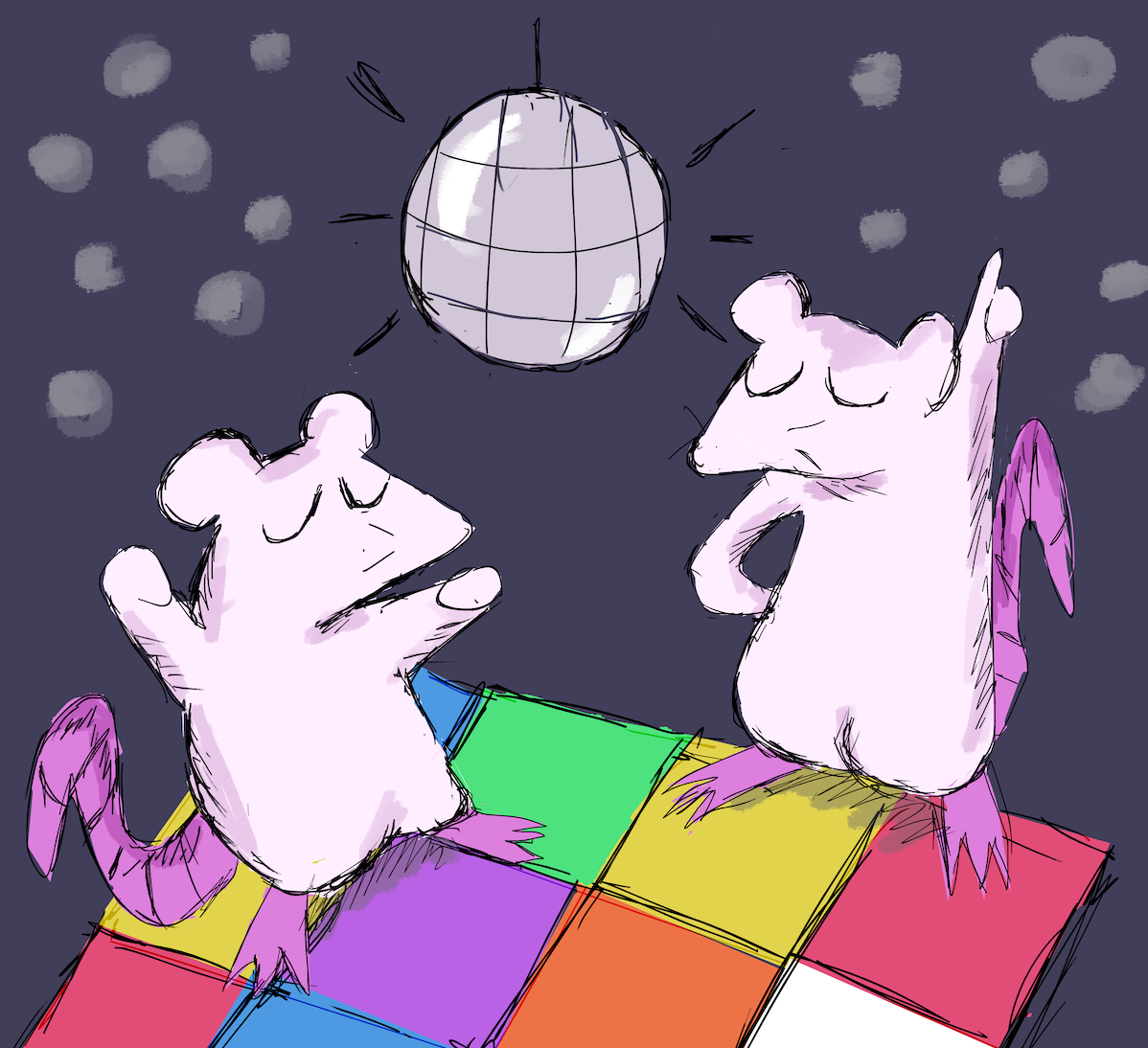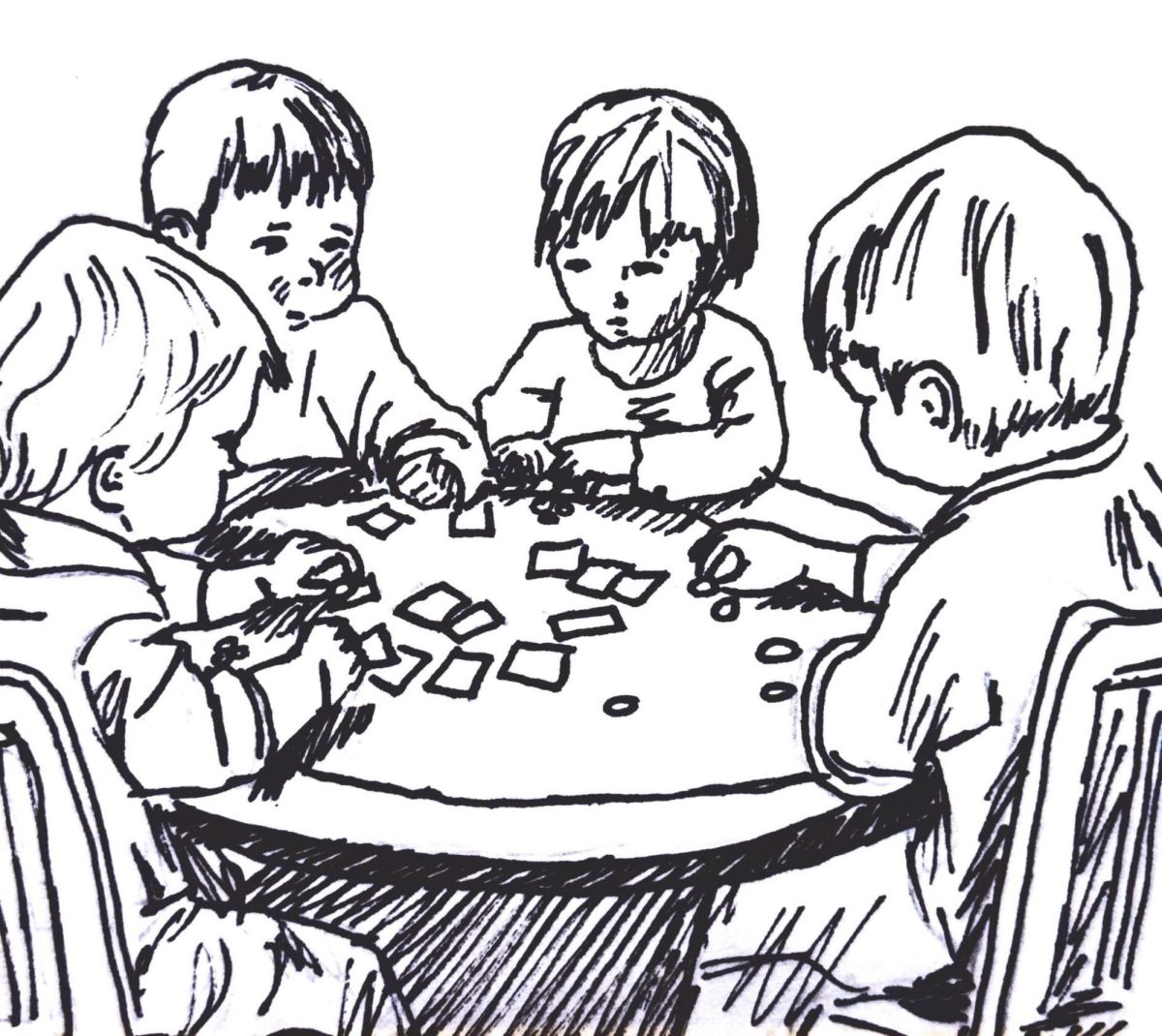Illustration by Genevieve Humphreys
Every day, we hear of women getting groped at their jobs or sexually assaulted at clubs or drugged at parties and so on. While I’m glad that I see a lot of men publicly outraged by this behavior, and rightfully so, what I’d really like to see is a lot less of the “not all men” argument.
If, for example, someone comes to you with their story of a sexual harassment or assault and you assure them that not all men are like that, you are invalidating their story. This isn’t to say that all men do engage in this behavior firsthand, obviously, but there’s no need for pointless defenses when someone is recounting their personal experience.
When you hear a reference to “toxic masculinity,” instead of grasping at straws to make the argument that not all men are toxic, try instead to acknowledge that it exists. Understand that even if not all men are toxic, there are certain attitudes and actions that contribute to a toxic environment that hurts everyone — including men, women and non-binary people.
In fact, the act of saying not all men are a certain way as a defense mechanism contributes to the greater problem of institutionalized violence toward women. It’s really a form of denial, and it allows you to shift the blame instead of acknowledging a structural problem and therefore taking action to minimize this violence.
When I hear this phrase, variations of the phrase or a man trying to defend himself in a conversation really not about him as an individual at all, sometimes it comes across like he would expect a pat on the back or a gold star for not committing atrocities toward women. By getting unnecessarily defensive when someone calls out institutions and practices that contribute to a huge societal problem that allows violence to happen, you’re actually becoming part of the problem.
Here’s the craziest part: we actually know that not all men commit acts of violence toward women. Shocker, I know. Most often when something is said that prompts this response, it really wasn’t about all men in the first place. It’s about a society that allows for these offenses to happen and to continue to happen.
When this argument is used, the issue at hand is not only derailed but essentially ignored. Really, all you’re worried about is the part of the conversation that may or may not involve you or your bros.
This isn’t to detract from those men who understand that this issue is bigger than them and who take action to change the toxic culture that allows for violence against women. I don’t deny that these men exist, but there should be more — and frankly, they’re not the ones using “not all men” as a justification.
When people try to defend themselves with the argument “not all men,” there’s an implication that there are good men and bad men. This implies that it’s simply the bad ones who are causing the problems women so desperately try to bring attention to, but that’s really not the case.
This conversation isn’t about good vs. bad people at all — it’s common knowledge that there are good and bad people out there. When “not all men” is used as reasoning, the distinction between good and bad is only made to separate oneself from the bad instead of recognizing the fact that there are greater, systematic forces at play that are reinforced by certain groups and behaviors whether you’re a good person or not.
I ask that we start listening to women and their stories instead of seeing every claim or criticism as an attack on all men everywhere. It’s not. Instead of using that argument to make yourself feel better, take steps toward changing the culture that enforces violent behavior. If you feel the need to defend yourself, that’s simply a sign that you’re not listening.







Elizabeth • Feb 28, 2020 at 9:29 pm
Yet as second generation from a rape survivor, taught that I need to be wary of all men, I can get slammed by some guy online for standing up for men ‘cos I say that not all men are abusive and then I got pointed to this argument. The problem is that everyone hears the same words & takes it different ways & that’s a fact that is never gonna change. & in my own reality, the worst words or actions of abuse that I have personally encountered, where all from females.